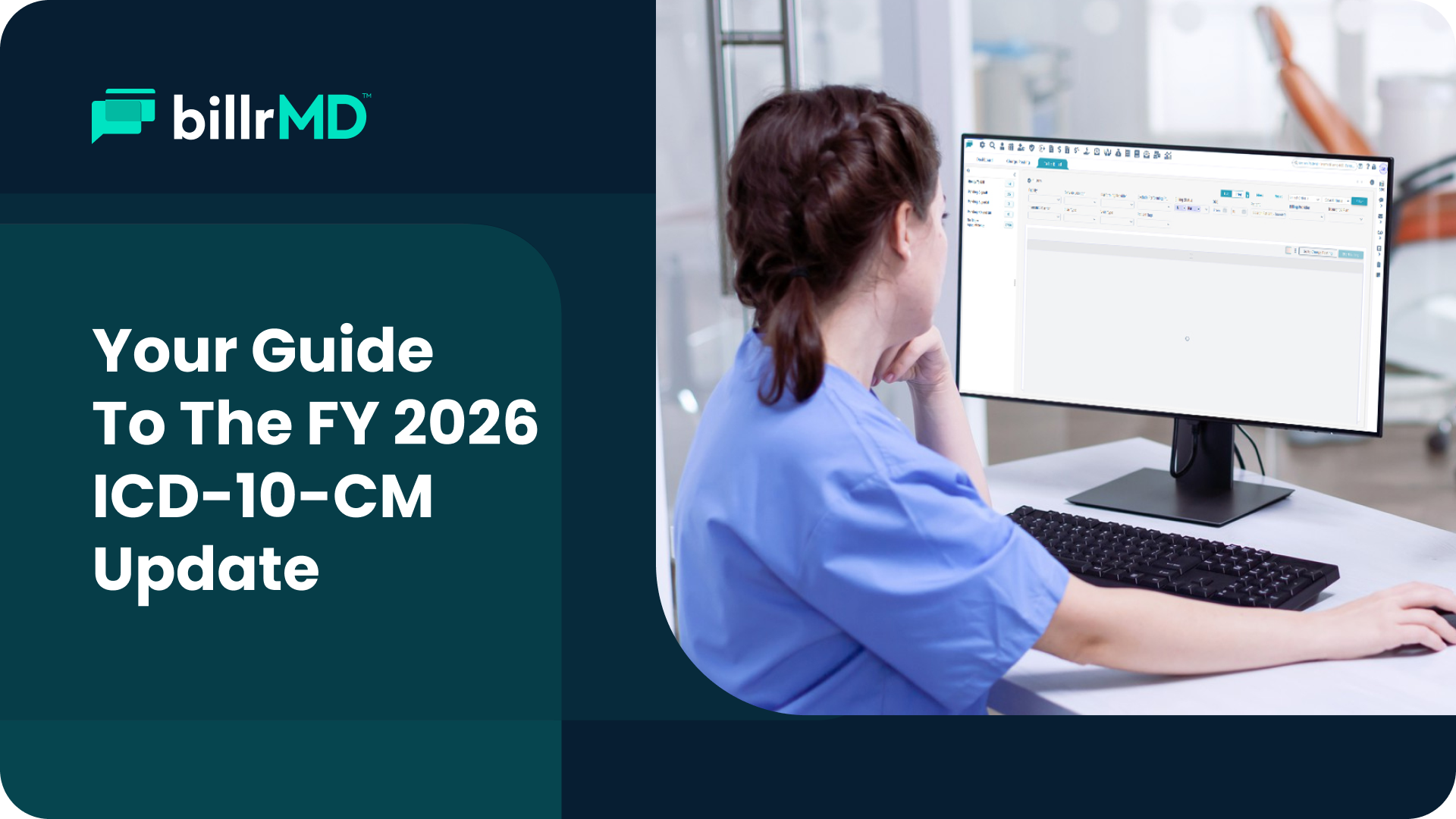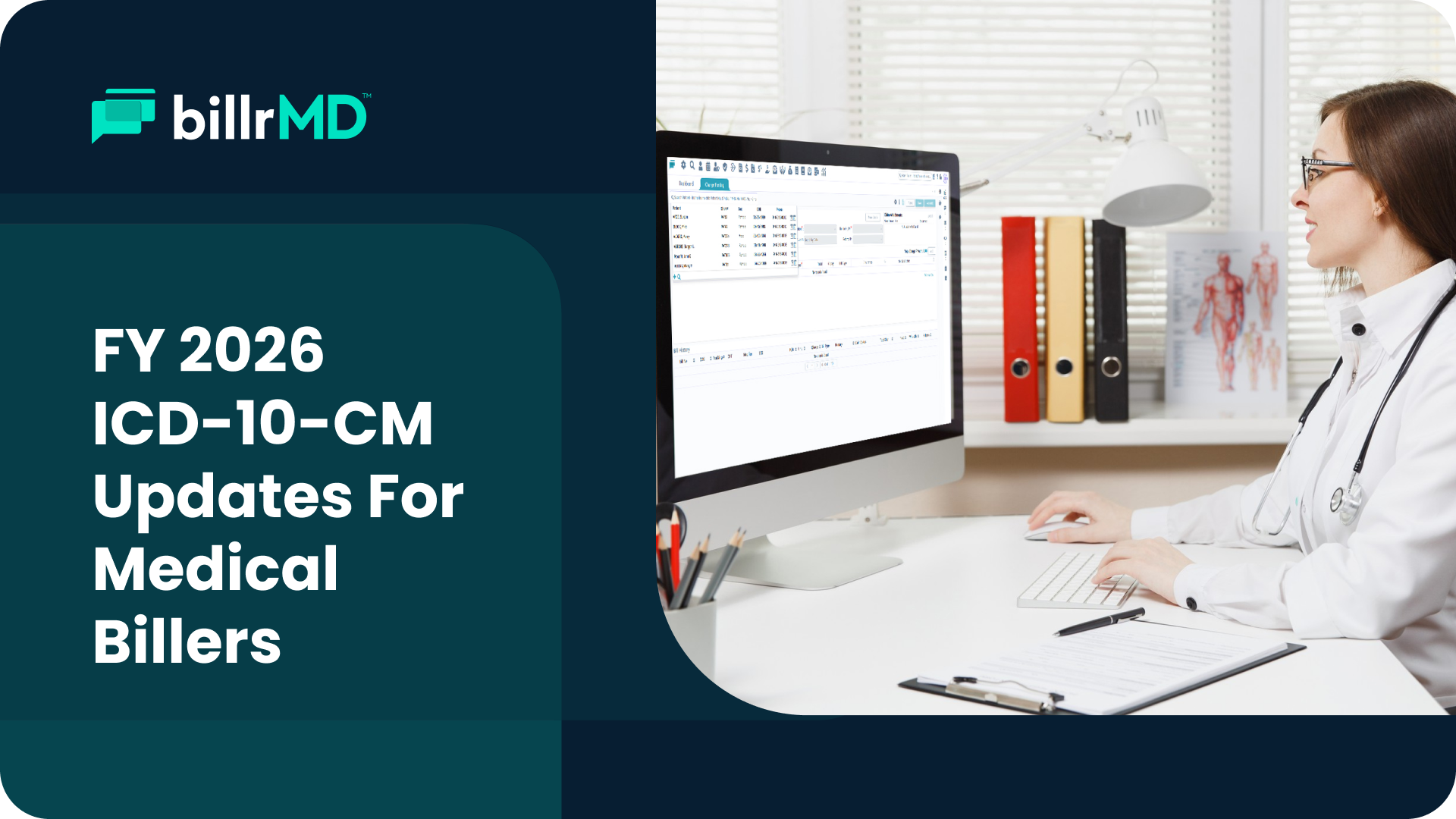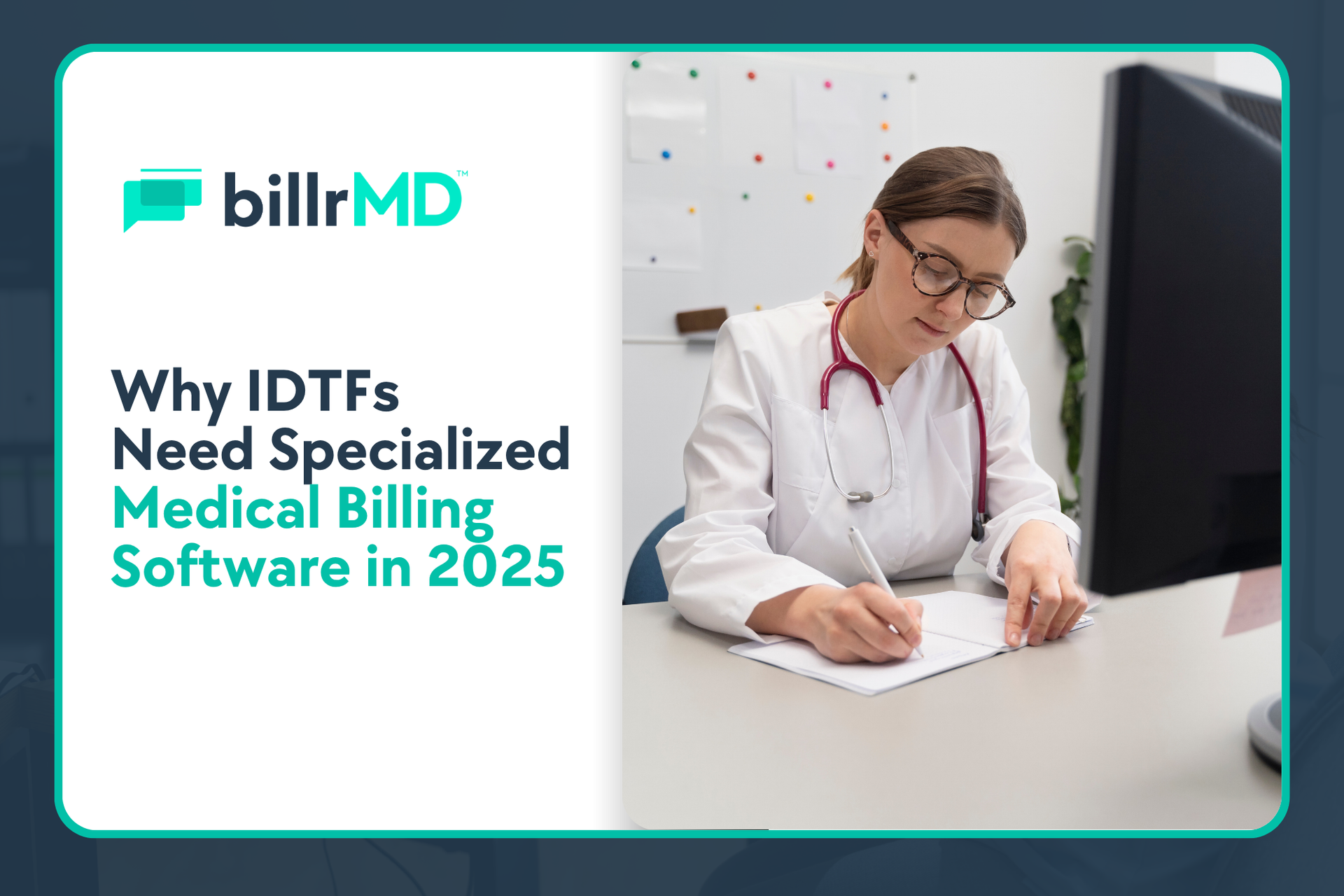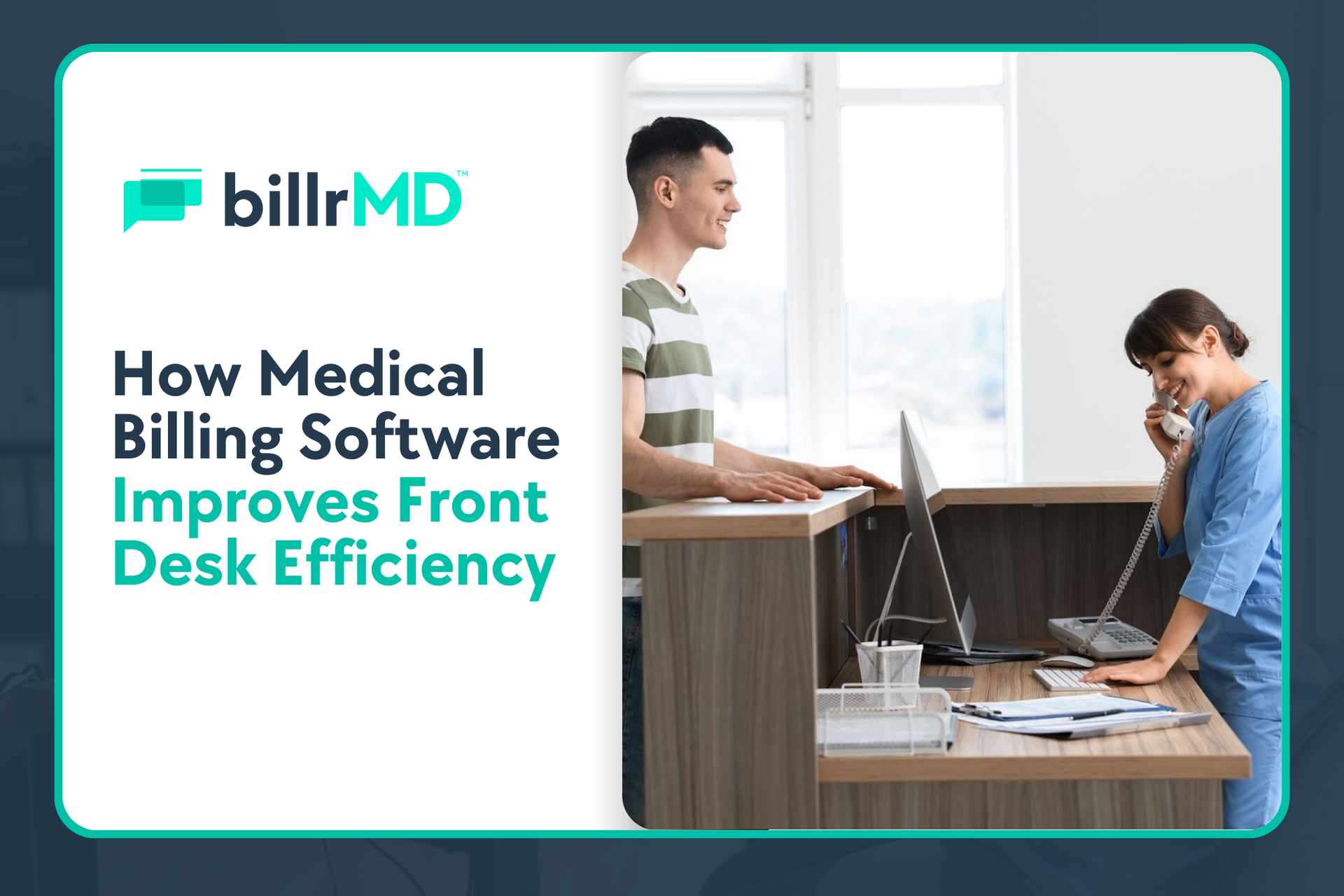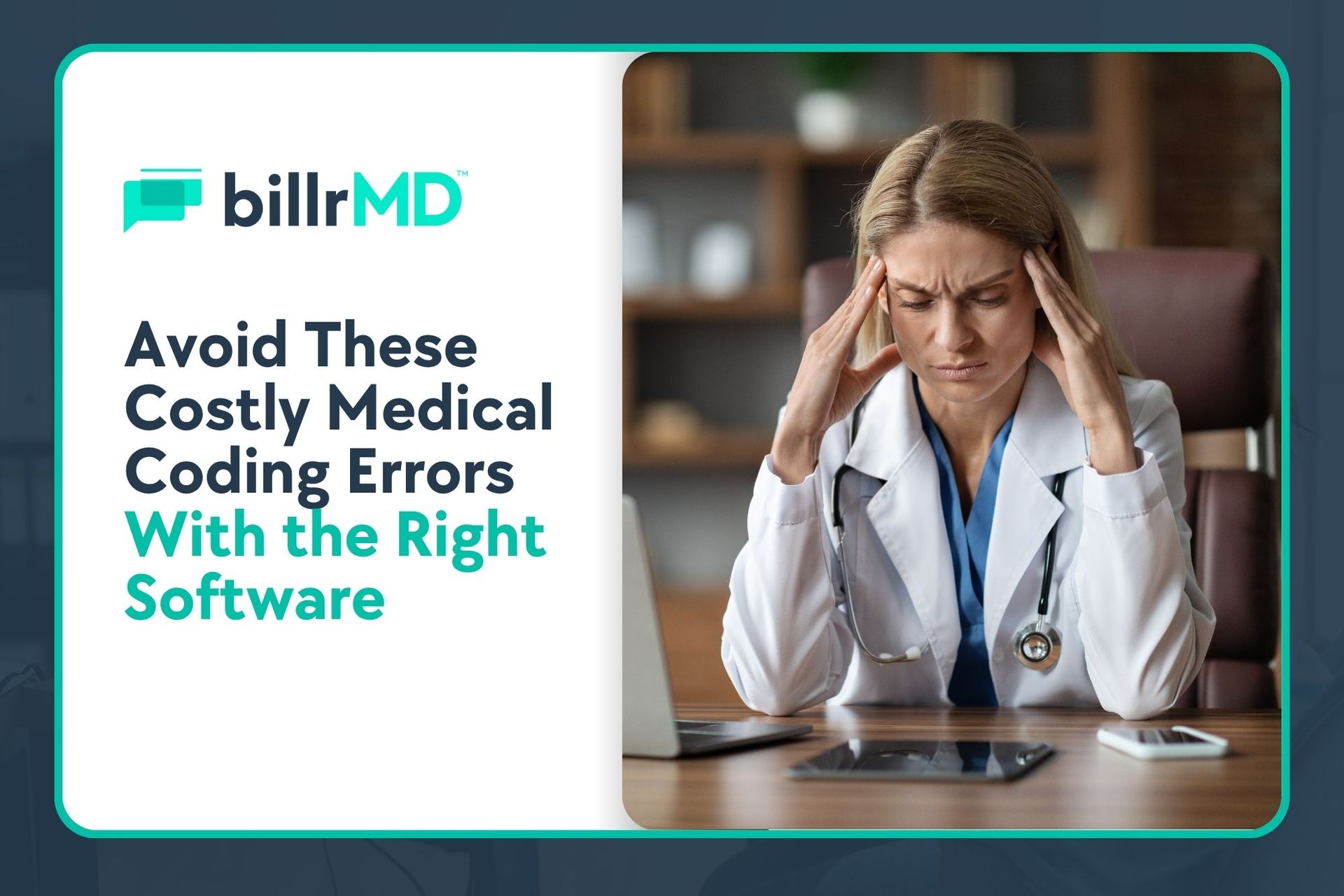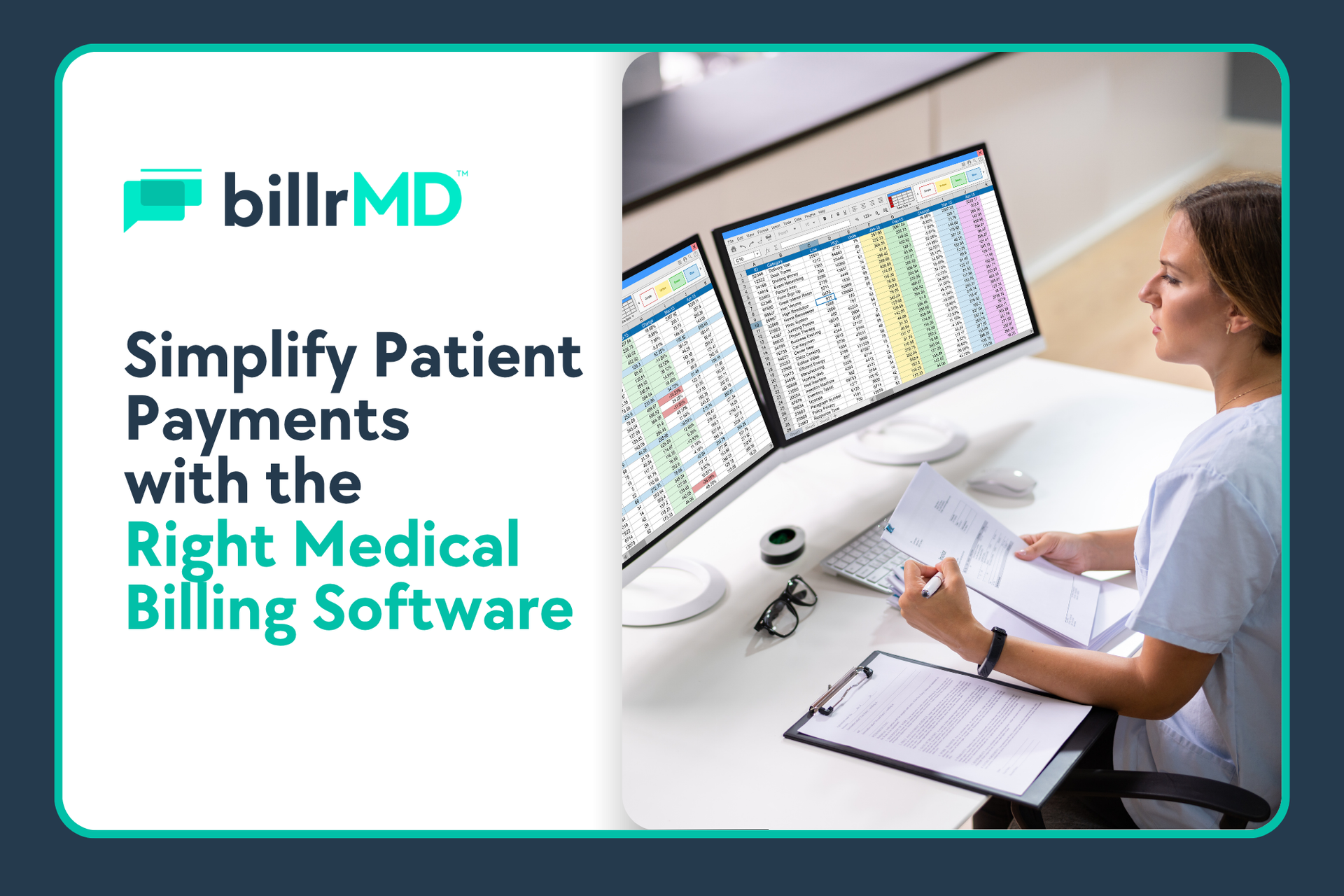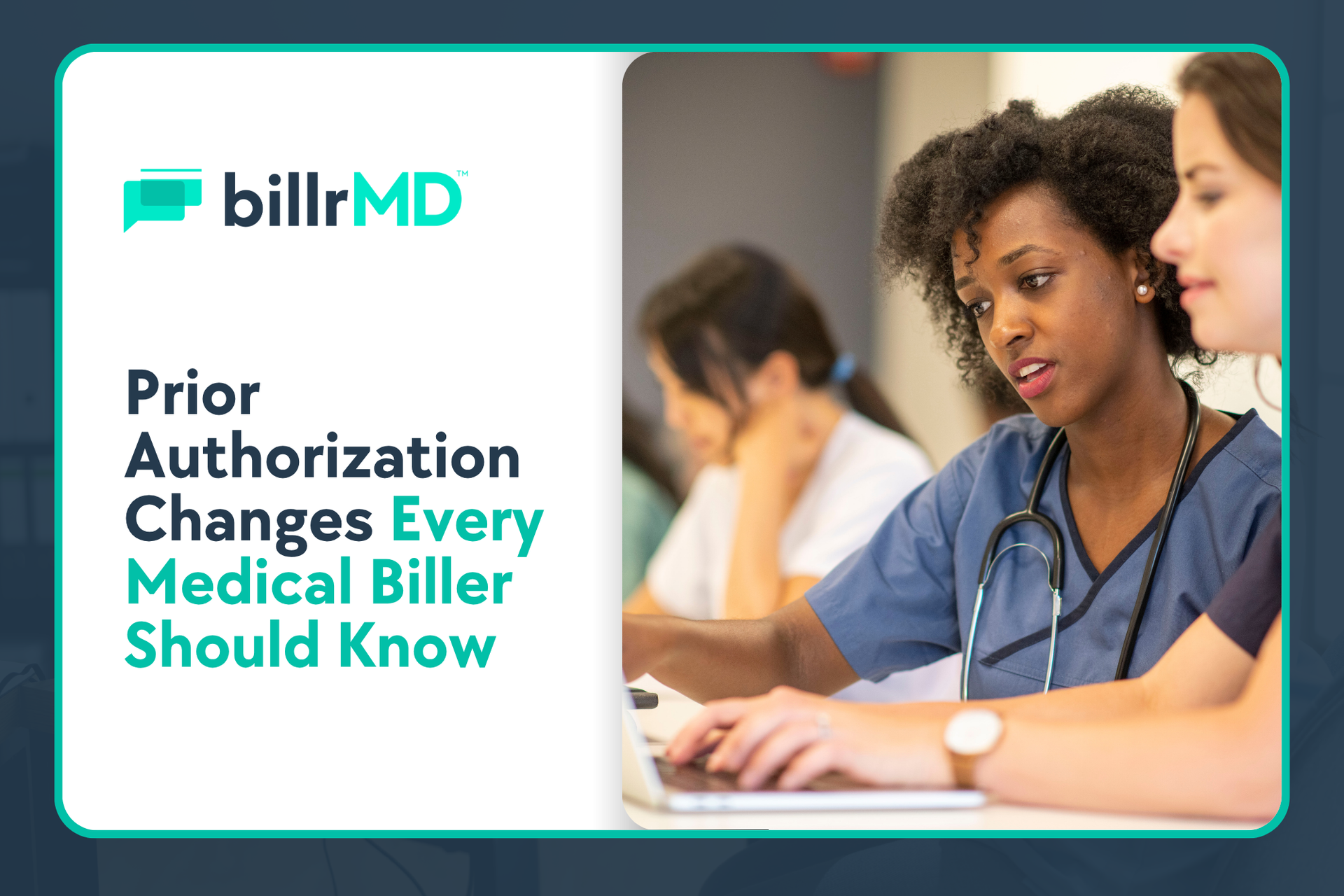Online Medical Billing vs. Traditional Methods: Pros and Cons

Are you a medical practice considering a transition from traditional billing methods to an online solution? Are you a healthcare provider trying to understand the differences between these two systems and make an informed decision for your business? If so, you’ve come to the right place.
Online medical billing is rapidly gaining popularity—but many are left wondering if it’s time to replace their desktop billing software. In this blog post, we’ll explore the pros and cons of both online medical billing and traditional methods to help you decide which system best suits your practice.
Is Healthcare Switching to Online Medical Billing?

When it comes to billing for medical services, there are two primary methods: online and traditional. Traditional methods involve desktop-based computer software and on-premise data hosting. Conversely, online medical billing uses electronic means to submit claims, verify coverage, and receive payment via the internet.
As the world has moved ever more digitally, the healthcare industry is following suit with an increasing emphasis on online medical billing. With immense advantages ranging from increased accuracy and faster processing times to reducing waste and improving the overall patient experience, it's not hard to see why more and more practices are riding the online billing wave.
That being said, some healthcare providers still prefer traditional methods, citing security and reliability concerns with online systems. While some still prefer traditional methods, the trend toward online medical is here to stay.
Read More: Make Every Claim Count: How billrMD Reduces Denials in Medical Billing
What Are the Advantages of Online Medical Billing?
Online medical billing has many advantages that healthcare providers should consider:
Greater Convenience
One of the major benefits is the convenience it offers. Providers can easily access and manage their billing information from anywhere with an internet connection. This means less time spent on administrative tasks and more time dedicated to patient care.
Higher Accuracy
Additionally, online medical billing is more efficient and accurate than traditional methods. It reduces the chance of errors, delays, and lost invoices, ultimately saving time and money.
Lower Administrative Costs
With such streamlined workflows, practices ultimately don’t have to spend as much time or resources to get their medical billing done.
Faster Payments
Even under ideal conditions, the speed of in-house systems can’t compete with the speed of online communications. Upgrading to an online medical billing platform will dramatically improve payment speeds at any practice.
Overall, the use of online medical billing can improve the efficiency and profitability of healthcare practices.
What Are the Disadvantages of Online Medical Billing?

The convenience of doing things online has made life easier for many people. However, when it comes to online medical billing, there are a few disadvantages to keep in mind:
Higher Security Risks
One major disadvantage is the risk of security breaches. Online medical billing requires sensitive and personal information, making it more vulnerable to cyberattacks and identity theft. This is compounded by the fact that not all online medical billing companies follow strict security measures and protocols.
To make the most of an online billing system, you must bolster your cybersecurity initiatives by tapping the help of cybersecurity experts like the team at
ER Tech Pros. Also, make sure that whatever
web software platform you choose follows HIPAA security regulations, employs strict password requirements, and uses 256-bit SSL encryption (the same level of security financial institutions use.)
Read More: Why Your Practice Should Switch to Digital Faxing ASAP
Less Personal
Another disadvantage is the lack of a personal touch. Online billing involves impersonal interactions that can lead to misunderstandings or errors, which can have severe consequences for patients and healthcare providers.
While online medical billing offers a certain level of convenience, it is essential to know the potential downsides before deciding if it's right for you.
What Are the Advantages of Traditional Medical Billing?
Traditional medical billing is still popular among many healthcare providers for the following reasons:
Personal Experience
One of the major benefits of the old system is the human touch involved in the billing process. With traditional billing, medical professionals can communicate with their patients on a personal level, allowing them to explain their bills and answer questions they may have. This level of communication helps build relationships, trust, and patient satisfaction.
More Familiar
Traditional billing systems have been around forever. Because they’re sometimes easier for staff to learn and understand, traditional billing methods require less training for older employees, resulting in a more accessible system on the first approach. The traditional approach also provides a tangible paper trail, which can be important in the event of a dispute.
What Are the Disadvantages of Traditional Medical Billing?

At the end of the day, the drawbacks of traditional medical billing make it difficult to compete with more modern online systems.
More Stressful
Traditional medical billing systems can be an enormous burden for physicians and healthcare providers. The process is often time-consuming and requires a significant amount of manual data entry, which can lead to errors and delays in payment.
Higher Costs
Using paper-based billing records can be overwhelming, leading to lost or misplaced files and significant administrative costs.
Less Efficient
Furthermore, traditional billing models may not handle the volume of patient data generated by electronic health records, making it difficult to implement efficient billing processes.
The disadvantages of traditional medical billing highlight the need for healthcare providers to consider implementing more modern, streamlined billing systems to optimize their revenue cycles and improve patient care.
Comparing the Benefits and Drawbacks: What’s Best for Your Practice?
Choosing the best system for your medical practice can be a daunting process. Relying on traditional solutions may be more familiar in the short term, but often lead to increased errors and potentially compromised patient care.
While it's essential to weigh all the pros and cons and determine what's best for your individual practice and patient needs, online medical billing has revolutionized the healthcare sector by increasing accuracy and streamlining bill processing—it can do the same for your practice.
Upgrade to the Industry’s Best Online Medical Billing Solution With BillrMD

Want to enjoy the improved efficiency, cost-effectiveness, user-friendliness, and scalability that come with online medical billing? Why not give billrMD a try?
Our web-based solution is quick to implement and easy to learn. With all the latest features, including practice management tools, EHR integration, built-in scheduling, and more, you can’t go wrong with billrMD.
If you’re ready for your practice to prosper, try the best digital billing solution available for free now at
billrMD.com!

